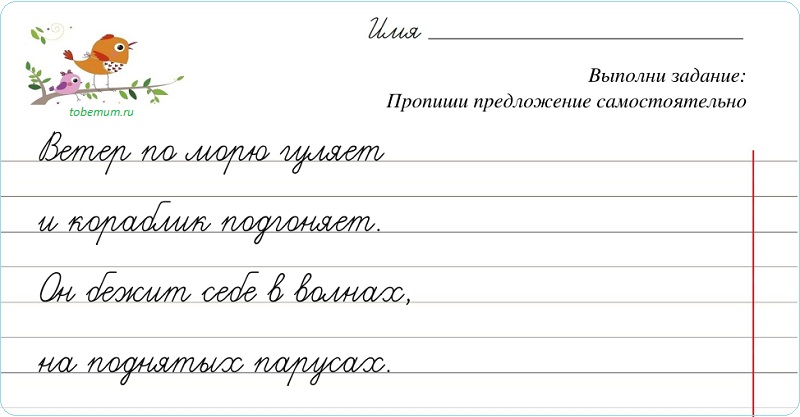So far, all decidedly "potential"...Infrastructure. Existing and potential air, naval bases, radars, intelligence centers, missile silos, etc. Absence of buffer zone. In general, this territory is under control of adversary military block with military spending exceeding ours by an order of magnitude. And whose officials claim with straight faces that it's we who are threatening them.
This is just nonsense on several levels.
First, because no missiles have ever been "put right on Russian border" - or in any of the new NATO members for that matter*, nor have any such plans been reported.
Second, because US has never pledged "no first use" of nukes. Brezhnev did, but Russia dropped that promise shortly after fall of USSR.
So that whole narrative is just fiction... to be polite about it.
*with the exception of those nukes taken from Turkey to Romania just last month or so - a move obviously due to instability in Turkey. Not that Deveselu is closer to Russia than Incirlik anyway.





 Rude! Oh yeah?! Well... it's like just your opinion man! You're a bad pun
Rude! Oh yeah?! Well... it's like just your opinion man! You're a bad pun  I don't play WoW, but you can pay for my civ VI copy
I don't play WoW, but you can pay for my civ VI copy 
